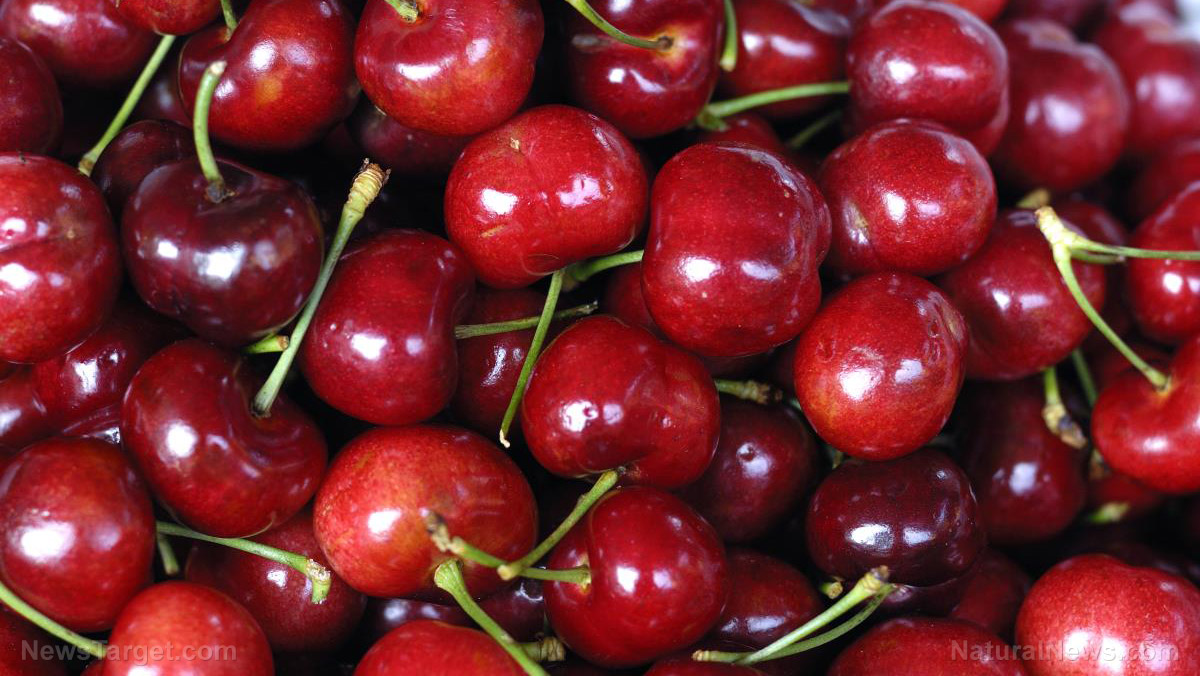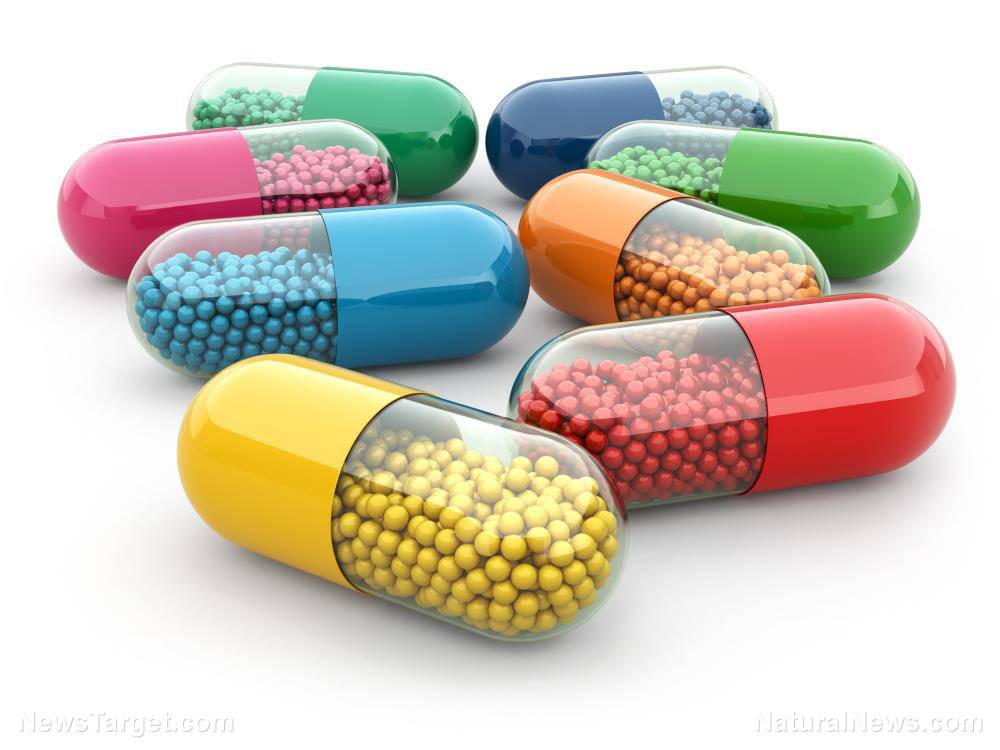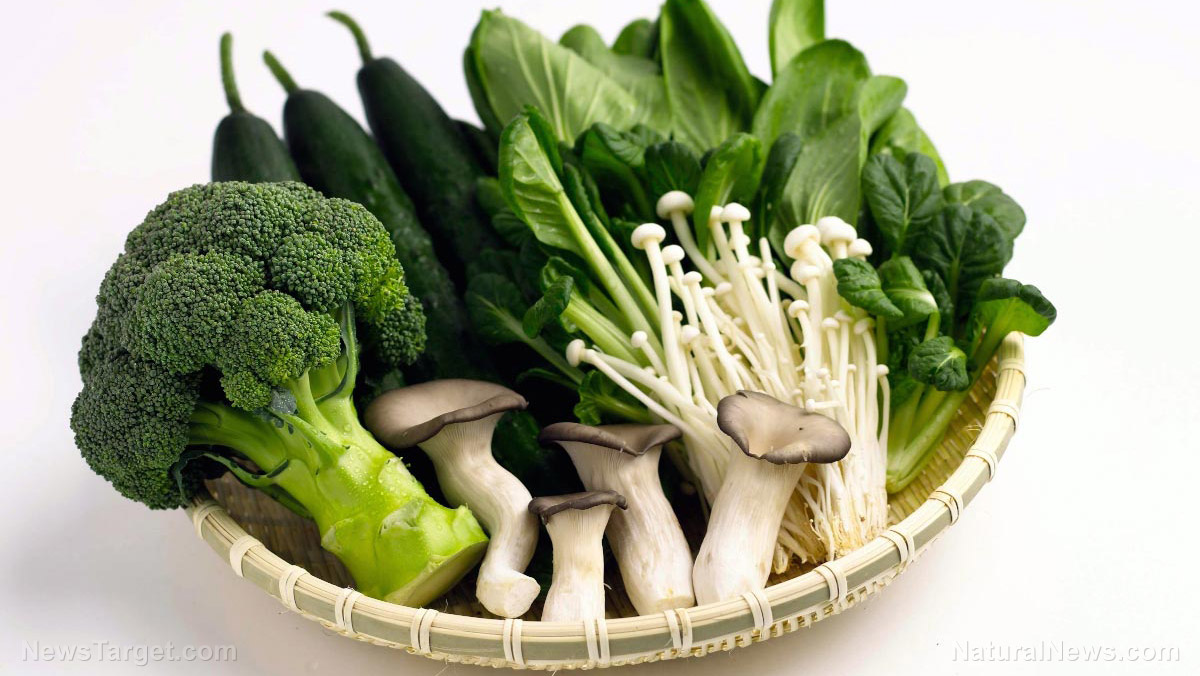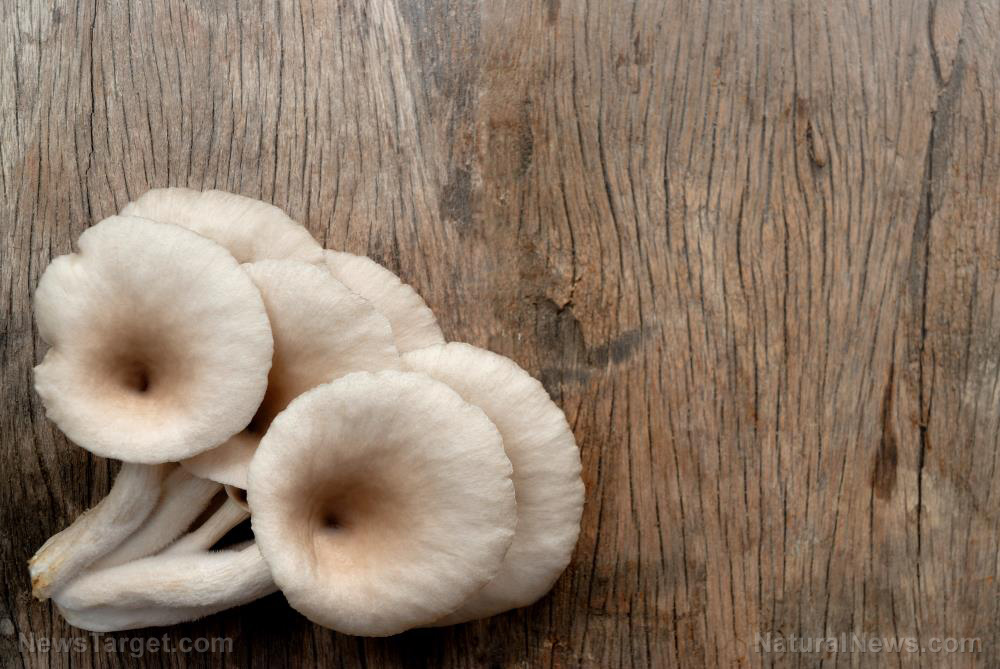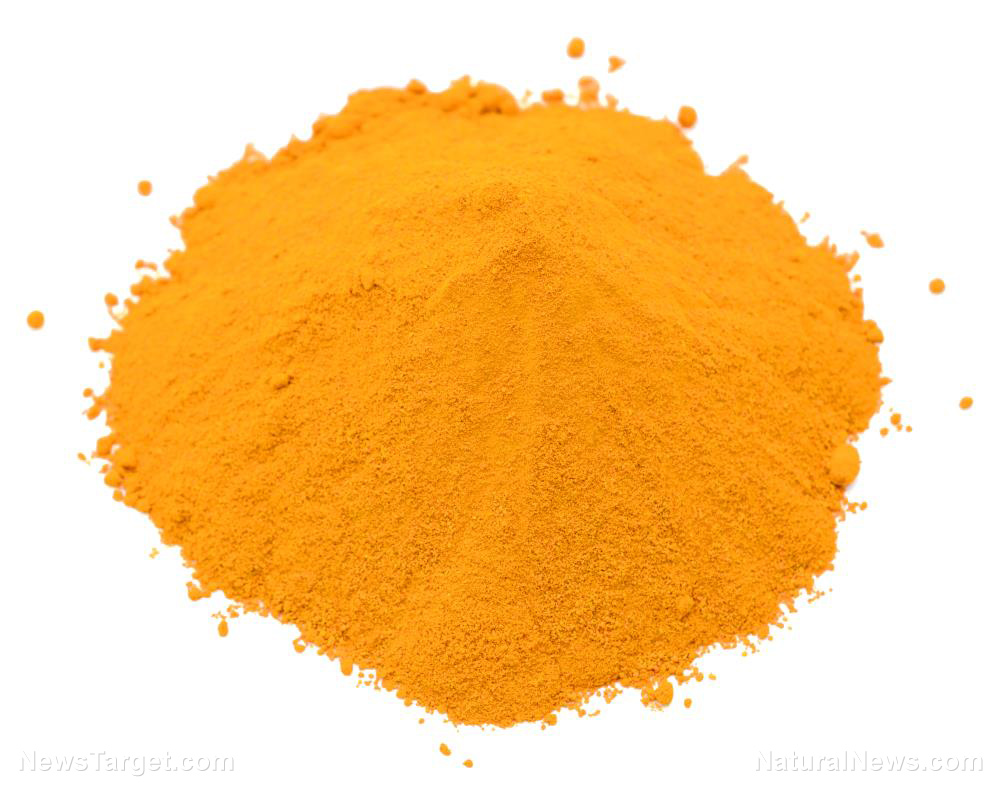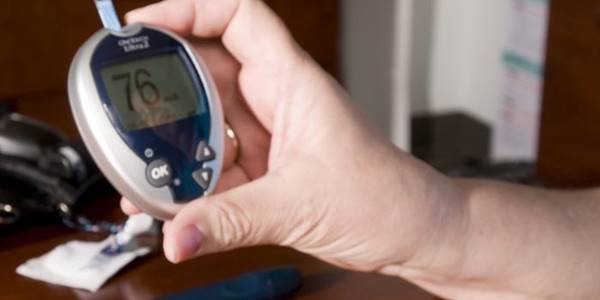Vitamin K supplementation can help reduce arterial stiffness and improve blood pressure, researchers find
01/19/2020 / By Darnel Fernandez
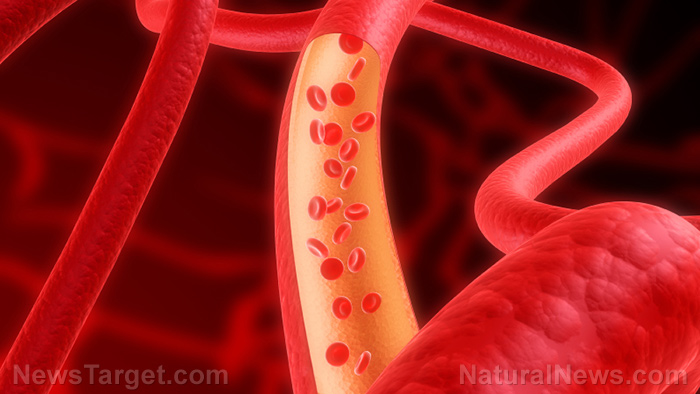
One of the major keys to having a healthy heart is maintaining the health of your arteries. The hardening of arteries, also known as arterial stiffness, is a risk factor for chronic heart diseases like coronary artery disease and even death. This emphasizes the need to find ways to prevent the onset of this deadly disease. Now, recent evidence suggests that dietary supplementation of vitamin K can give your heart a healthful boost to reduce arterial stiffness.
A study published in the Journal of the American Heart Association found that improving the body’s vitamin K levels can significantly reduce arterial stiffness and improve blood pressure.
More vitamin K can improve heart health
Researchers from Belgium and The Netherlands aimed to examine the effect of excessive inactive Matrix Gla Protein (MGP) on cardiovascular health, particularly on the increased stiffening and calcification of large arteries. Specifically, the researchers focused on desphospho?uncarboxylated Matrix Gla Protein (dp?ucMGP), a biomarker of vitamin K status which requires vitamin K-dependent activation.
For the study, the researchers randomly recruited 835 Flemish individuals with a mean age of 49.7 years. They then measured the participants’ plasma dp?ucMGP using an ELISA-based assay.
The researchers found that in people representative for the general population, higher inactive dp?ucMGP was associated with greater pulse wave velocity (PWV), central pulse pressure, forward pulse wave, and backward pulse wave. According to the researchers, their findings can present new ways of preserving vascular integrity and preventing other cardiovascular complications
“This research articulates the importance of pulse wave velocity measurements in gauging cardiovascular impact. Also blood pressure measurements confirm a link between low vitamin K2 status and the risk of cardiovascular disease, since participants of this population study who had higher level of dp?ucMGP had also higher blood pressure,” said Katarzyna Maresz, president of the International Science and Health Foundation, in a statement. “Similarly as this one, a lot of previous studies showed that by improving one’s vitamin K2 status, one can serve a protective role to the cardiovascular system,”
How to keep your vitamin K levels high
The easiest way to improve your overall vitamin K levels and prevent deficiency is by eating plenty of foods rich in the aforementioned vitamin. Not only can it help prevent arterial stiffness and improve blood pressure, but studies have also shown that increased intake of vitamin K can reduce your risk of cancer.
While many dietary guidelines do not distinguish between vitamins K-1 and K-2, it would be wise to add sources of both types to your diets. Many people already eating balanced diets that involve whole fruits and vegetables can already enjoy the benefits of having stable vitamin K levels, especially for vitamin K-1. The simplest way you can get more is by eating more dark, leafy, green vegetables.
Here are a few foods you can try to boost your K-1 levels:
Vitamin K-2, on the other hand, might be more difficult to add to a healthy diet as it is often found in many meat and animal products. Meat and dairy eaters can already enjoy plenty of sources that contain vitamin K-2. Vegetarians, on the other hand, can try a fermented soybean dish called natto to fulfill their vitamin K-2 needs.
Below you can find a list of excellent vitamin K-2 sources:
- Pepperoni
- Various cheeses like blue cheese
- Raw full-fat milk
- Bacon
- Natto
- Liver
Incorporating vitamin K in your diet not only improves your cardiovascular health, but also your overall health. Nutrients.news has everything you need to know about the benefits of vitamin K and various other nutrients you can add to your diets.
Sources include:
Tagged Under: arterial stiffness, arteries, balanced diet, blood pressure, cardiovascular disease, cardiovascular health, healthy diet, heart health, nutrients, prevention, supplements, Vitamin K, vitamin K-1, vitamin K-2
RECENT NEWS & ARTICLES
COPYRIGHT © 2017 PREVENTION NEWS

